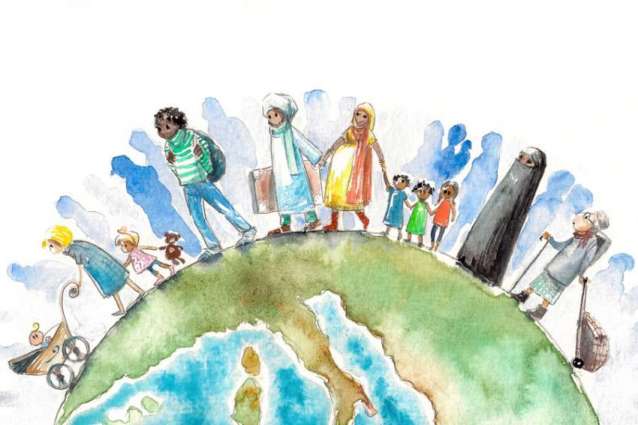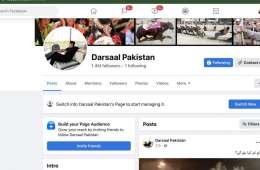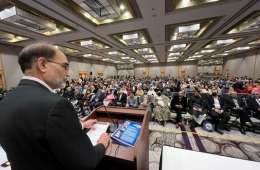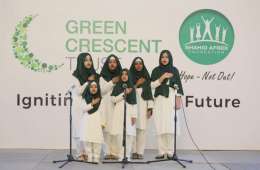Tolerance For A Peaceful Pakistan

Tolerance of religion is critical for the development of modern, progressive, and enlightened nations. It enables individuals of many religions, views, and values to live peacefully. It is the bedrock of a just and inclusive society.
In a nation like Pakistan, where Muslims account for 96.2 percent of the population, 3.8 percent of Pakistani residents belong to religious minority groups, according to the 2017 census. Is this to say that they are any less Pakistani as a result?
Pakistan was founded on the principles of religious tolerance, equality, and toleration. One of the most renowned quotations from Pakistan's founder, Quaid-e-Azam Muhammad Ali Jinnah, was "You are free to visit your temples, mosques, or other places of worship in our state of Pakistan." You may be a member of any faith, caste, or creed, as long as it has nothing to do with State business." Pakistan's Constitution ensures that all people have equal access to basic rights, including the freedom of religion, religious worship, and association.
The constitution ensures freedom, equality, tolerance, and social justice by allowing minority groups to proclaim and practise their faiths, govern their institutions, and develop their cultures. The right to religion is incorporated in Pakistan's Constitution, which reads in Article 19 A, "Every citizen shall have the freedom to profess, practise, and propagate his religion." This right guarantees that every Pakistani citizen, regardless of religious affiliation, has the freedom to exercise his or her religion and to create, operate, and govern religious organisations. Additionally, Article 22 protects religious minority' rights inside educational institutions. Article 22 states that no student should be obliged to engage in rituals or receive religious instruction that are not related to his or her own faith. Additionally, this clause safeguards religious minorities in educational institutions from discrimination and harassment.
Pakistan's government has also made historic efforts to promote religious tolerance and diversity in the nation. For instance, the Government established the Kartarpur Corridor, which now allows Sikh pilgrims from all over the globe to visit Gurdwara Darbar Sahib, one of Sikhism's holiest shrines. To further promote religious unity, the Federal Minister for Railways announced the inauguration of the Lahore-Karachi Christmas Peace Pray Train in 2021 for all Pakistanis celebrating Christmas. Additionally, there are other nonprofit efforts in Pakistan committed to promoting tolerance, peace, and equality. For instance, Mashal-e-Haq is a digital campaign in Pakistan that raises awareness on the rights of disadvantaged and vulnerable people. The ad succeeded in igniting a conversation on social media platforms on the necessity of recognising societal and individual duties in order to build a peaceful, unified, and tolerant society. The campaign educates its audiences about the rights that Pakistan's Constitution guarantees to all citizens equally, encouraging the online (and offline) community to alter individual behaviours and foster an environment in which these rights are easily accessible to and enjoyed by all members of society.
Individual involvement and behaviour modification are critical for the development of an inclusive and peaceful community! As a culture, we must examine ourselves and recognise the influence that everyone of us may make. As a culture, we must foster ideals of equality, tolerance, acceptance, and compassion in our children and ourselves in order to go forward as a peaceful and unified nation. Each of us may do something to the cause of tolerance, diversity, and equality.







